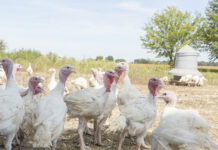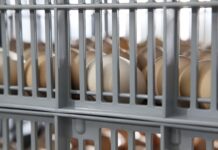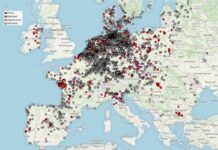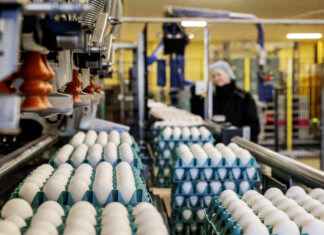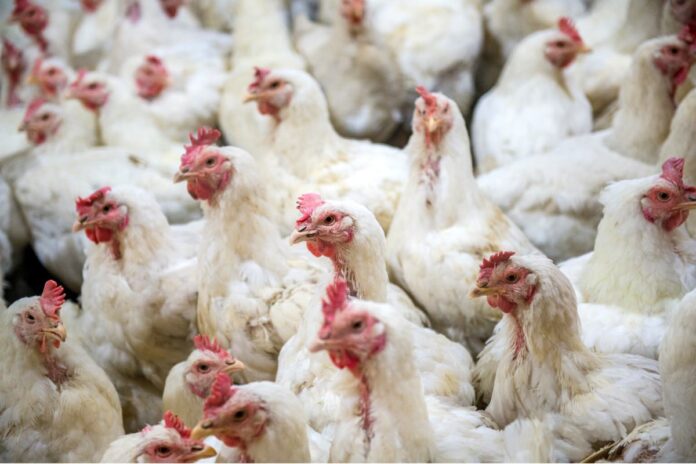
The Food and Agriculture Organization of the United Nations (FAO), together with the Brazilian Ministry of Agriculture and Livestock, hosted the first global multi-sector dialogue on highly pathogenic avian influenza (HPAI) in Foz do Iguaçu, Brazil, on September 9–11, 2025. The meeting gathered around 500 experts and decision-makers from government, science, industry, and international organizations, alongside private sector representatives, to address one of the most pressing threats to animal and public health.
A rapidly evolving global risk
Since 2020, HPAI has spread rapidly across continents, devastating poultry flocks, disrupting trade, and threatening food security. Experts warn that the current panzootic represents one of the most serious pandemic risks in decades. The virus has already been detected in 83 mammal species, including dairy cattle and wildlife, underscoring its potential to cross species barriers.
“Avian influenza is no longer a sporadic threat; it’s becoming a global challenge,” emphasized Beth Bechdol, FAO Deputy Director-General. “No single country or sector can tackle this threat in isolation — and failure is not an option. Practical, science-based collaboration like this is essential to protect our agrifood systems, livelihoods, and public health.”
Brazil’s role in the spotlight
Brazil’s Minister of Agriculture and Livestock, Carlos Fávaro, highlighted his country’s swift response when avian influenza was detected earlier this year on a commercial farm. “Our decisive action demonstrated the strength and credibility of Brazil’s sanitary system,” he said, adding that trust and transparency are fundamental to global cooperation.
Private sector leaders also stressed the economic stakes. Ricardo Santin, President of the Brazilian Association of Animal Protein and of the International Poultry Council, warned that avian influenza directly impacts trade flows, inflation, and global food security.
Priority themes and strategies
The dialogue builds on the Global Strategy for the Prevention and Control of HPAI, recently launched by FAO and WOAH. Discussions focused on four key priorities:
-
Strengthening prevention and control, especially in low-income and backyard systems.
-
Expanding early warning, vaccination, and biosecurity programs.
-
Enhancing One Health cooperation across sectors and borders.
-
Sharing innovative, field-ready tools for diagnostics, surveillance, and outbreak response.
Thanawat Tiensin, FAO Chief Veterinarian, stressed that surveillance, biosecurity, vaccination when appropriate, and rapid outbreak response remain essential. He also noted that a sustainable transformation of poultry production, in partnership with the private sector, will be vital to reducing the long-term risk.
Looking ahead
This inaugural global dialogue represents a turning point in how the international community addresses avian influenza. By uniting governments, scientists, and industry, FAO and its partners aim to transform lessons learned into coordinated action. For poultry producers, the outcomes underline both the challenges ahead and the critical importance of innovation, transparency, and collaboration in safeguarding flocks, trade, and food security.
Source: FAO


